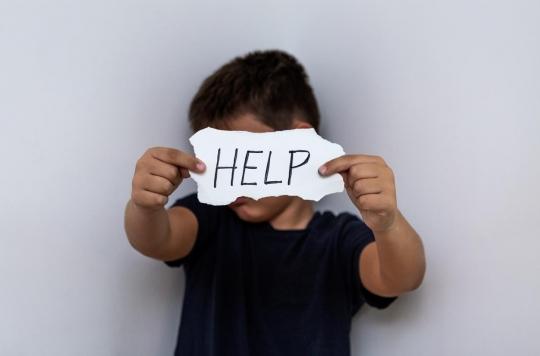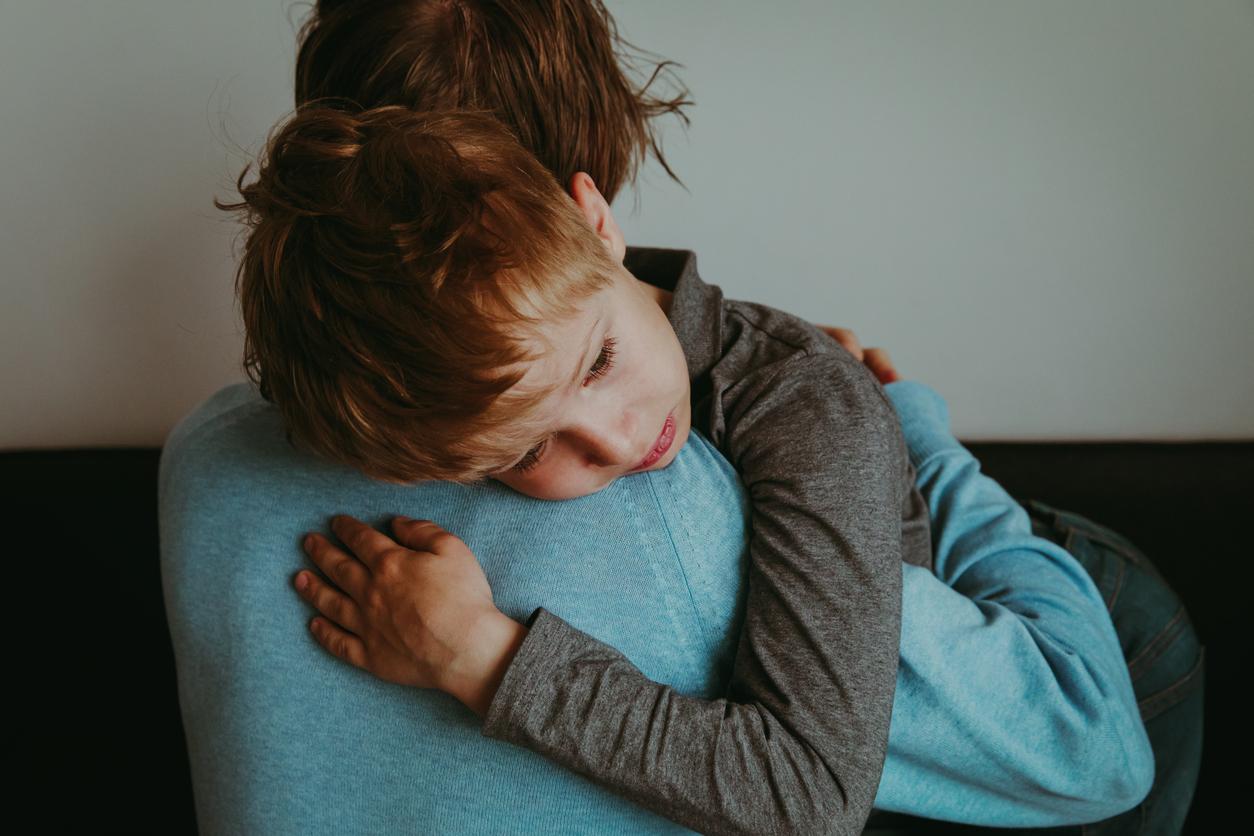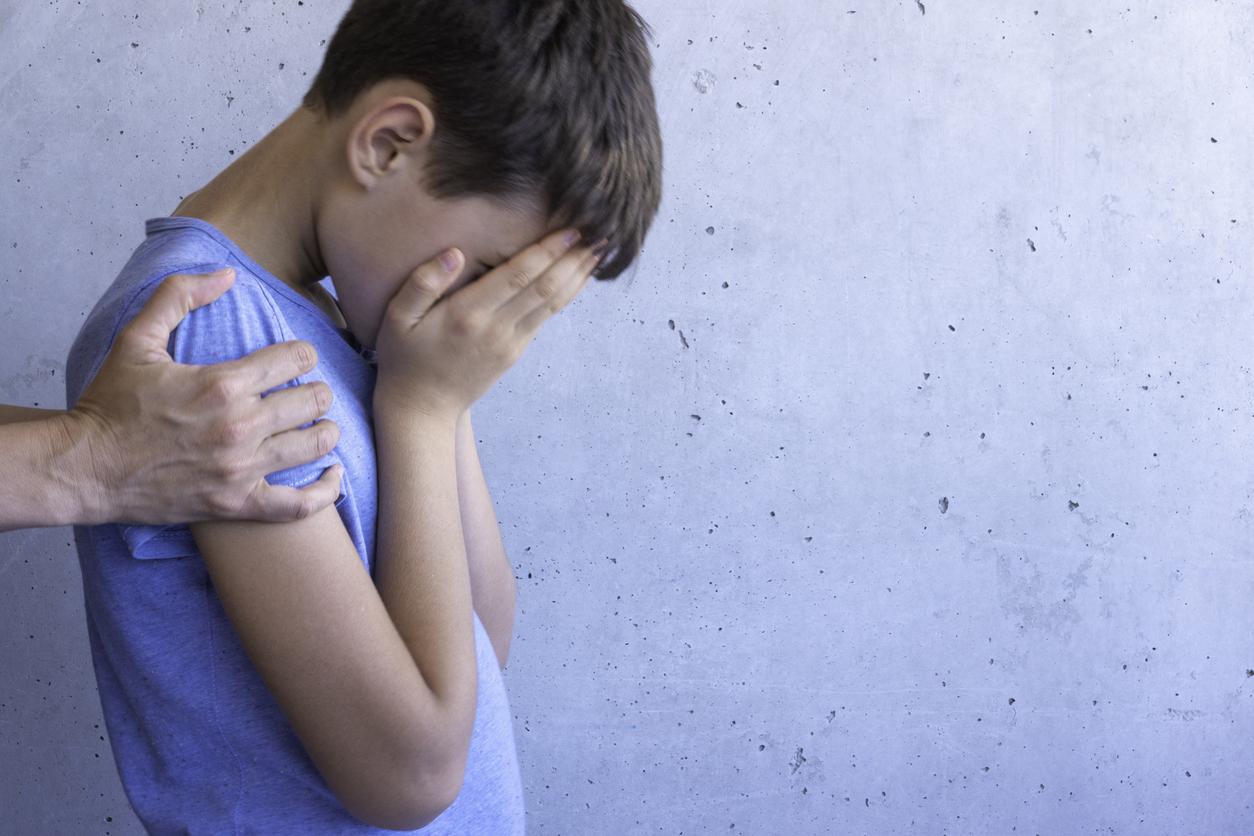If the victims of incest speak late, it is because they already need to free themselves from the grip of their aggressor.

In his book “La Famillia grande”, Camille Kouchner denounces the incest allegedly committed by his stepfather, the political scientist Olivier Duhamel, on his twin brother in the 1990s. Taboo subject still insufficiently denounced, incest concerns on average 2 to 3 children per class, and up to 10% of the French population.
Revelations too often late
To denounce incest, whether one is a victim or close to a victim, is not only to break the silence, but also to upset a family forever. Between feelings of betrayal and guilt, many children and adults choose a form of anesthesia that allows them to survive, sometimes in daily contact with their attacker.
It is only when the victim frees herself from the grip of her tormentor, sometimes after 30 or 40 years, when she has finally built her own family life, that she reveals what she has suffered. It is therefore not uncommon for the trauma to resurface at the time of the birth of a child or a marriage, sometimes in the form of nightmares or flashes.
The role of the entourage in the denunciation of incest
A child who is sexually assaulted or raped by a family member may not only experience pressure from their abuser, but also rejection or minimization of their disclosures. In some cases, the children manifest what happened through behavioral changes that can range from regression to violence, passing through depression, without being able to put words to what they have experienced.
If some family members prefer denial to preserve the image or the couple for example, the role of the entourage is nevertheless crucial in the denunciation and the legal proceedings that follow. It is therefore not uncommon for the child or the adult to confide in a loved one, just like the brother of Camille Kouchner it seems, to find support and an ally.
Media denunciation plays a role in the recognition and reconstruction of the victim
If many books have been written in recent years to denounce incest, sometimes within famous families, it is because this stage of public denunciation is also part of the recognition of the status of victim. Being believed and recognized by others in his suffering not only allows him to acquire a social position, but also to share his story with other victims and possibly push the aggressor to recognize the facts.
In the case of Camille Kouchner, denouncing a famous person has not only family consequences, but also societal consequences by calling into question his public credibility and his image. It is about confronting the one she denounces as the aggressor to reinforce shame and rejection in order to allow her brother to eventually begin a process of reparation and recognition.
Source: Incest Facing Association : https://facealincest.fr
.















